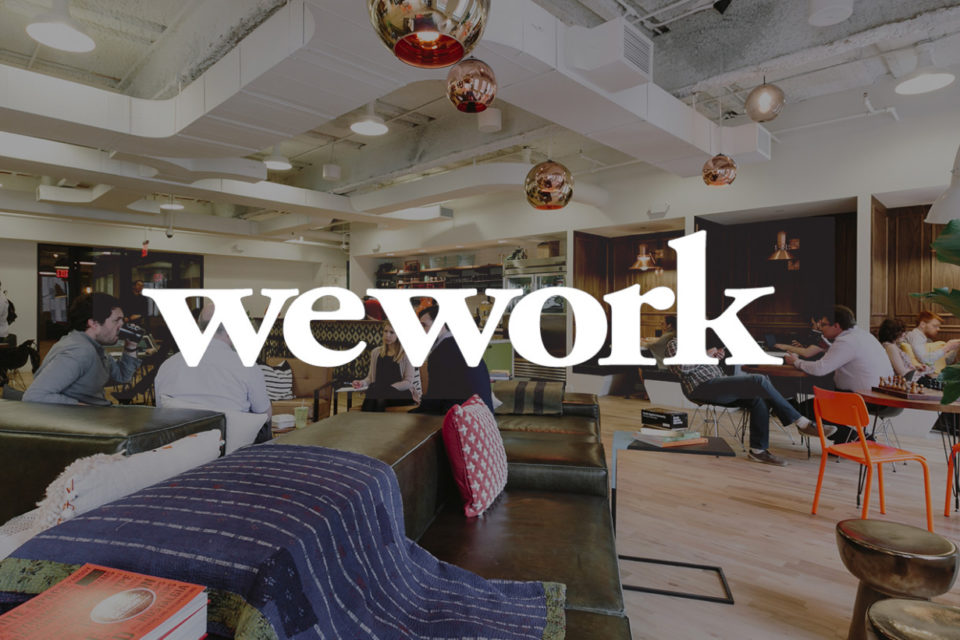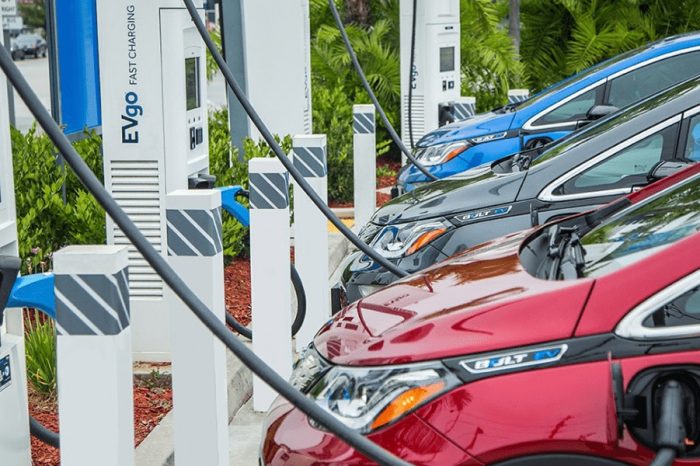Beleaguered co-working startup WeWork to go public in a $9 billion SPAC deal after losing $3.2 billion in 2020

WeWork, a co-working unicorn startup that has been plagued with all kinds of problems, is finally going public 18 months after the IPO collapse. Today, WeWork announced it has agreed to go public through a merger with blank-check firm BowX Acquisition Corp in a deal that values the beleaguered startup at $9 billion including debt. The announcement comes days after leaked reports offered a glimpse into WeWork’s pandemic-era financials.
A blank-check company sometimes called a special purpose acquisition company (SPAC), is a shell company that has no operations but plans to go public with the intention of acquiring or merging with a company utilizing the proceeds of the SPAC’s initial public offering (IPO).
On the company’s decision to go the SPAC route, WeWork CEO Sandeep Mathrani said in an interview on CNBC that, “Sometimes you don’t pick the path, the path picks you.” Sandeep added, “We thought it was a good time to raise additional liquidity, de-risk the balance sheet, and to make sure that we had a path to profitability.”
"Sometimes you don't pick the path, the path picks you," says @WeWork CEO @SandeepMathrani on its decision to go public via SPAC. "We thought it was a good time to raise additional liquidity, de-risk the balance sheet, and to make sure that we had a path to profitability."$BOWX pic.twitter.com/yzztqAWfJu
— Squawk Box (@SquawkCNBC) March 26, 2021
Since founded in 2010, the co-working unicorn startup has raised over $20.6 billion in funding over 17 rounds. Its latest funding was raised on Aug 14, 2020, from a Debt Financing round.
The startup is funded by 18 investors. SoftBank and Goldman Sachs are the most recent investors.
We’ve been covering WeWork over the past three years and we think to use the word beleaguered is really an understatement. WeWork has been plagued with setbacks and failures. As we noted back in October 2019, WeWork laid off a quarter of its 12,500 employees, fired its CEO Adam Neumann, and canceled its planned IPO.
Then in January of last year, investors saw the writing on the wall and ran for cover after the botched IPO. Here is how Reuters reported the story back then: “More than a dozen Silicon Valley-based lawyers, entrepreneurs and venture-capital investors told Reuters that since the embattled WeWork’s canceled public offering and other ill-fated IPOs, investors have been securing protections of their original investments in “unicorns” – private companies valued at $1 billion or more.”
In October 2018, after the failed IP attempt, SoftBank took control of the struggling real estate startup WeWork slashing its valuation from $47 billion between $7.5 billion to $8 billion. In November 2019, WeWork reported a net loss of $1.25 billion, surpassing its sales. The third-quarter loss more than double its loss from the same period the previous year.
Last year, WeWork told prospective investors it lost about $3.2 billion as part of a pitch for a stock market listing by merging with a special purpose acquisition company (SPAC), according to Reuters, citing sources familiar with the deal.

